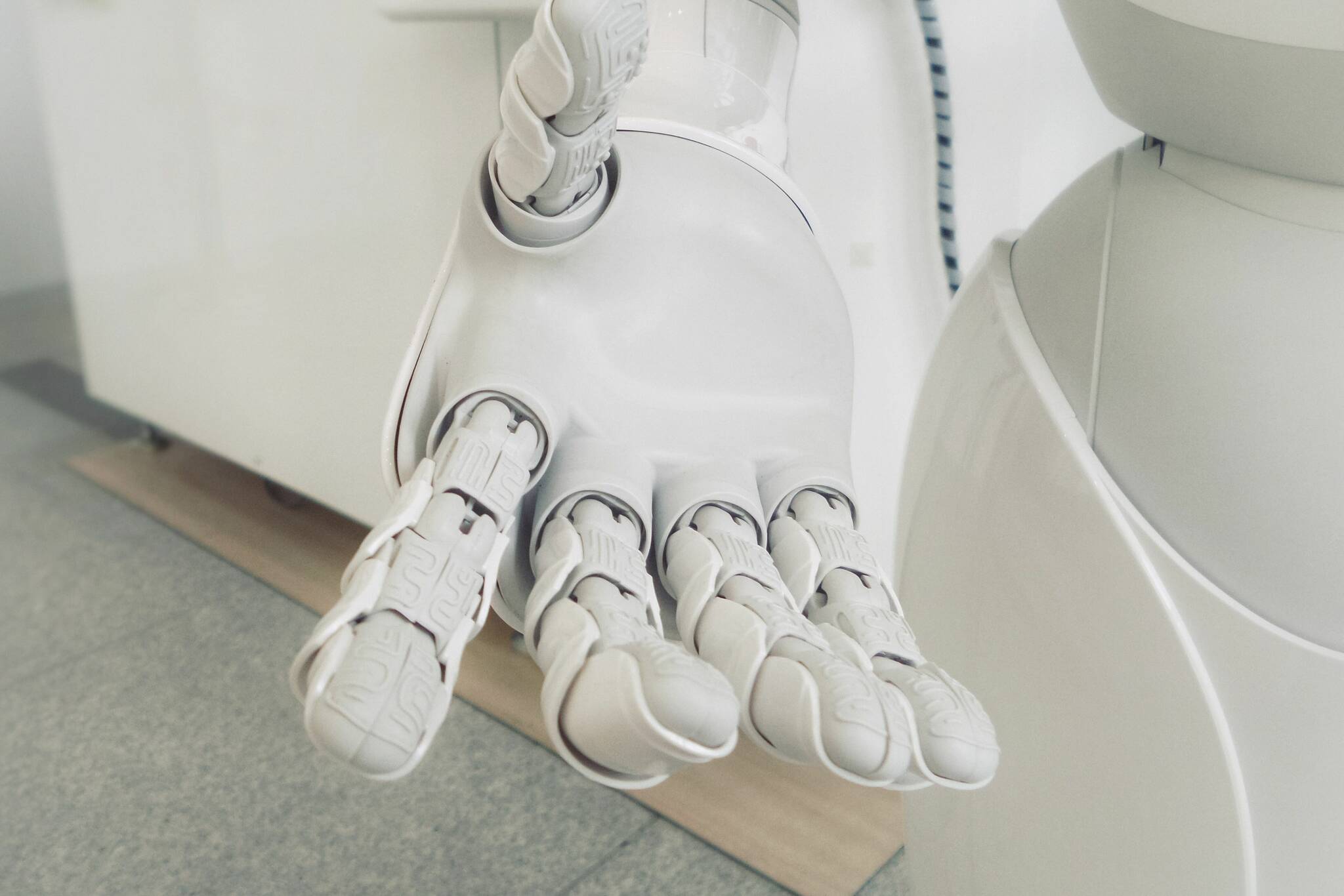AI is on everyone’s radar these days. Artificial Intelligence — it can either make your life easier or kick you to the curb. I’m waiting with bated breath to see which one is coming for me.
As a woman of a certain age, I have very little experience with artificial intelligence. I use Siri at home to play music for me, and I have fooled around with ChatGPT with my son. We asked it to write a short story about Michael Jackson going to the fair in the style of Shakespeare and other literary masters. The results were entertaining, but ultimately stale in comparison to what a human could produce. But I don’t feel too far left behind. My word processing program flagged the word ChatGPT as a misspelling. It suggested “catgut” or “chatty” as a substitution. Clearly my computer is not up to speed on artificial intelligence.
So, here’s what I know so far:
AI = Argumentative Insolence. My Siri app has been talking back to me lately. When I ask her to play me some music, I usually get what I ask for with no issues. But when I tell her to stop, she gets sassy with me. She responds, “I’m not sure who’s speaking,” and continues playing the music. I literally have to raise my voice and demand that she cease and desist. I can picture her AI brain calculating the status of the speaker in the chain of command to determine if she has to comply. “Question Authority” is her mantra. It’s a bad day when you can’t even get Siri to do what you ask.
AI = Almost Indistinguishable. At least that’s what the students hope. Picture yourself as a college student who wants to get a good grade without putting in any effort or original thought. ChatGPT is your new best friend. Simply ask it to write you a five-page paper on the influence of the silk trade on the rise of Levi’s jeans, then sit back and marvel at the results. It’s cheaper than buying a term paper online, and your professor won’t know the difference. Or will they? A whole new field of scholarship is opening up: how to catch students cheating when they use AI. What tools do those professors use? You guessed it—AI.
AI = Awkward Interpretation. If you dive too deeply into the brain of ChatGPT, you might get your heart broken. After our Michael Jackson experiment, I decided to ask ChatGPT to write a 50-word story about umbrellas in my own voice. Since I have previously written about umbrellas, I thought I could give ChatGPT a head start. Nope. I got a flowery tale that I would never write, so I asked a follow-up question, “What does Peggy McKee Barnhill say about umbrellas?” Here is ChatGPT’s heartless response: “I apologize for any confusion, but Peggy McKee Barnhill is not a known figure or author. Thus, I am unable to provide any specific quotes or statements she might have made about umbrellas.” Ouch! How do you tell ChatGPT that it hurt your feelings?
AI = Absolutely Intimidating. Each successive generation has new technology to assimilate into their daily lives, or not, as the case may be. I remember my grandmother, born in 1898, commenting in the early 1990s on “those things that people have…” She was referring to computers, and it was clear to me that she did not have one of those things. They were intimidating to her. Today, most of us feel like we need a computer or a smartphone, and we’ve made the adjustment that my grandmother didn’t choose to make. But the thought of AI is scary. Will robots be taking over the world? Will I lose my job to an entity that might be artificially more intelligent than I am? Will I have to turn to my kids to help me figure out the burgeoning new technology? Oh, wait, that’s already happening.
AI = Already in existence. Isaac Asimov (Asimov, Isaac, or A,I in the library catalog) dreamed up sentient robots in his science fiction works in the mid-twentieth century. Now in the twenty-first century, science fiction has morphed into reality. The future is here. Get used to it!
•Peggy McKee Barnhill is a wife, mother, and author (no matter what ChatGPT says) who writes cozy mysteries under the pen name “Greta McKennan.” She likes to look at the bright side of life.

